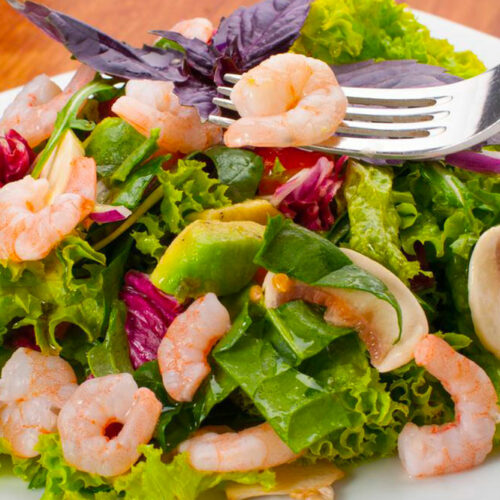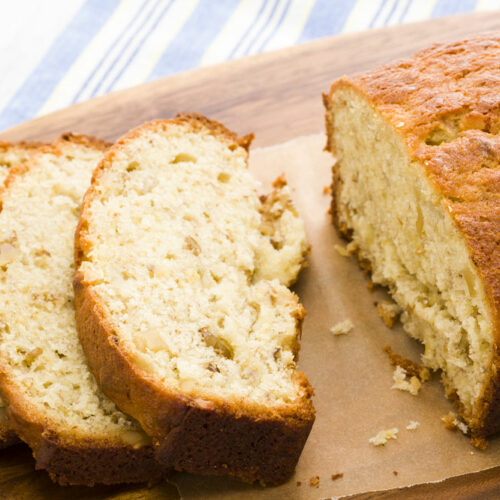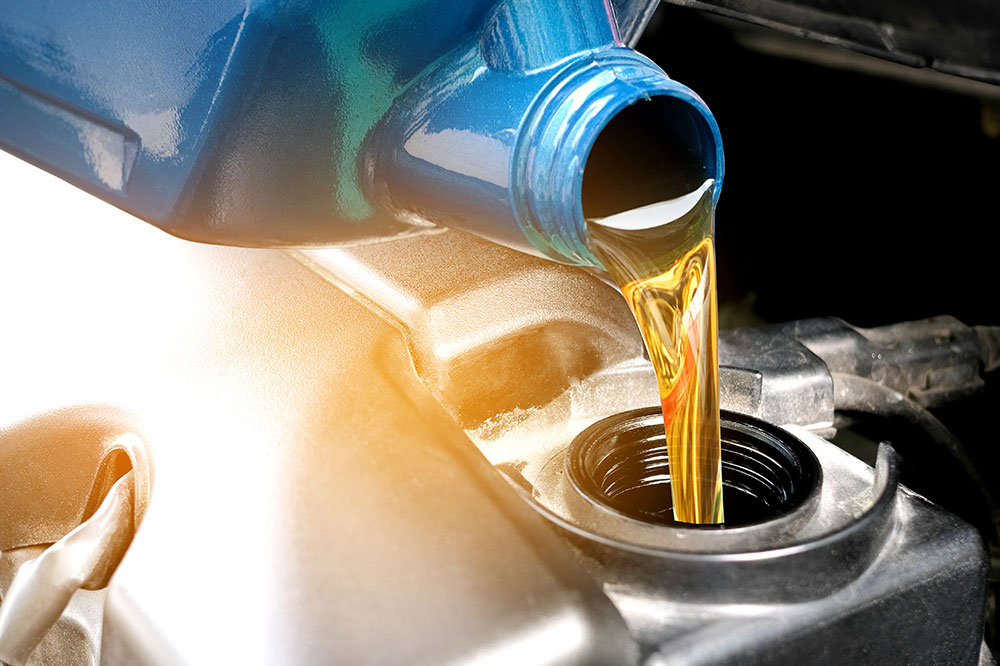5 things that are not included in Medicare coverage

Medicare, or federal health insurance, is one of the most essential aspects of healthcare for those who are 65 or older and for those who live with certain health complications. Those enrolled in Medicare A, B, or Medicare Advantage are eligible for certain health benefits that help them save and cover various expenses. However, some things might not fall under the scope of coverage. Here are five things that are not included in a Medicare plan: 1. Overseas care Medicare Advantage and original Medicare offer virtually no coverage for healthcare costs incurred outside the country. Some Medigap policies may cover specific overseas health-related costs. Someone who travels often should consider travel insurance policies for basic healthcare coverage. 2. Opticians and eye exams Original Medicare covers ophthalmologic expenses such as cataract surgery but does not cover routine eye exams, contact lenses, or glasses. Some Medicare Advantage plans may cover routine vision care and glasses. People could buy vision insurance policies for a few hundred dollars a year to help cover the cost of glasses or contact lenses. 3. Hearing aids While Medicare covers ear-related health conditions, the original Medicare and Medigap plans do not pay for routine hearing tests or hearing aids.






